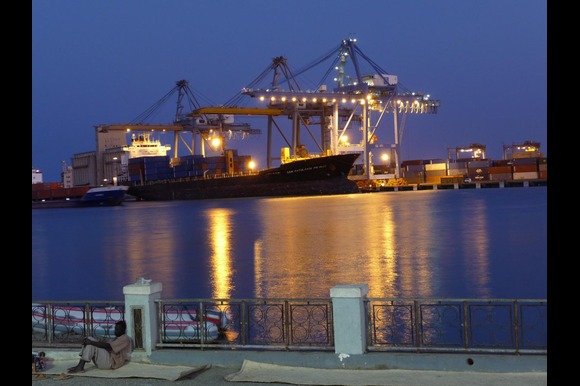Sudan has officially cut diplomatic relations with the United Arab Emirates (UAE), escalating tensions amid the ongoing civil conflict that has torn the country apart for the past two years. The decision follows a series of accusations from Sudan’s military-led government, which claims the UAE has been providing substantial support to the rival paramilitary group, the Rapid Support Forces (RSF).
The move was confirmed after a wave of violence struck Port Sudan, a city previously considered a safe haven in the conflict. Between Sunday and Wednesday, a series of drone strikes targeted key infrastructure in the Red Sea city, including an international airport, a major power station, and a hotel. The Sudanese army blamed the RSF for the attacks, though the group has yet to comment publicly.
On Tuesday, Sudanese Defence Minister Yassin Ibrahim condemned the UAE for allegedly breaching Sudan’s sovereignty by backing the RSF, describing the Gulf nation’s involvement as a violation carried out through a “proxy force.” In response to these accusations, Sudan announced the immediate withdrawal of its ambassador from the UAE and the closure of all diplomatic missions within the Gulf state.
Despite persistent allegations, the UAE has repeatedly denied any role in supporting the RSF, insisting it is not providing the group with financial, military, or political assistance. Nevertheless, Sudan’s army has consistently claimed that the UAE is one of the main backers of the paramilitary group. These claims have also surfaced internationally, with both the United States and the United Kingdom urging countries in the region — including the UAE — to cease all support for the warring factions in Sudan.
In a significant legal development, Sudan recently brought a case against the UAE to the International Court of Justice (ICJ) in The Hague, accusing it of complicity in genocide due to its alleged support for the RSF. However, on Monday, the ICJ dismissed the case, ruling that it could not proceed because the UAE had opted out of Article 9 of the Genocide Convention. This clause would have allowed countries to bring legal cases against one another for alleged acts of genocide.
Responding to the court’s ruling, Reem Ketait, the UAE’s Deputy Assistant Minister for Political Affairs, said the decision was “clear and decisive,” and urged the international community to focus on ending the conflict and ensuring that humanitarian assistance reaches affected civilians.
The war in Sudan, now in its second year, has resulted in the deaths of thousands and displaced millions. It has been widely described as the world’s worst humanitarian crisis, with both the Sudanese army and the RSF facing accusations of war crimes from human rights organizations.
The latest drone strike, which the Sudanese army claims was aimed at the country’s largest naval base, was reportedly intercepted by anti-aircraft defenses, according to a military source cited by AFP. Until now, Port Sudan had largely been spared from direct attacks and served as a hub for government operations and humanitarian activities.
As the conflict intensifies and international efforts to mediate peace falter, the diplomatic fallout between Sudan and the UAE marks a significant escalation that could further complicate regional dynamics and efforts to bring an end to the devastating war.






